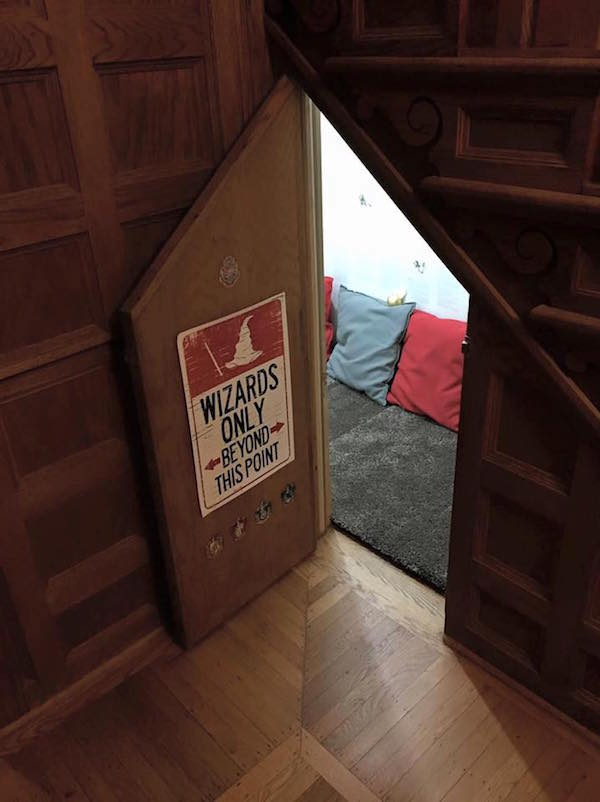Transcript
ROBERT SIEGEL, HOST:
Classical musicians have had a problem in the digital age. It isn’t easy for them to put their work online. Classical makes up 2 percent of all album sales and less than half a percent of all online streaming. But the founders of a technology startup in Nashville say that they’ve hit upon a solution. As Emily Siner of member station WPLN reports, if successful, Darts Music’s concept could help artists in other genres, too.
EMILY SINER, BYLINE: The word to know in this story is metadata. That’s the information that’s attached to every digital audio file.
(SOUNDBITE OF SONG, “WE USED TO WAIT”)
WIN BUTLER: I used to write. I used to write letters. I used to sign my name.
SINER: Song name, “We Used To Wait” – artist, Arcade Fire – album, “The Suburbs.” That’s the metadata. But what about on a track like this?
(SOUNDBITE OF BEETHOVEN SONG, “SYMPHONY NO. 3 IN E-FLAT MAJOR, OPUS 55”)
SINER: It’s Beethoven’s third symphony, but the standard song name on Spotify, for example, is, technically…
CHRIS MCMURTRY: “Symphony No. 3 In E-flat Major, Opus Number 55, the Eroica.”
SINER: That’s Chris McMurtry, a classical music enthusiast who deals with stuff like this a lot. But there’s no composer field on Spotify, so you have to put Beethoven as an artist. Although, the symphony that plays it might also be an artist, or maybe the artist is the conductor.
MCMURTRY: And the things is, is in order to get into iTunes or Apple Music or Spotify, there is a specific way that they want to see that.
SINER: Itunes has a metadata style guide, and it dedicates an entire section to explaining the precise details of how to properly tag classical music. It doesn’t do that for any other genre. What this means is that independent classical musicians who want to sell their work online have a harder time of it than your typical rock band or singer-songwriter. Take Chris McMurtry. When he wrote his first chamber choir piece a few years ago, he tried to distribute it on a site called TuneCore, which lets you sell music on iTunes and Amazon.
MCMURTRY: Only to find than you could not choose classical as an option.
SINER: McMurtry then looked at some traditional classical music labels, but he didn’t like that business model.
MCMURTRY: If they accepted us, it was going to be at least 20, 35 to even 50 percent of our royalties, depending on the deal.
SINER: So he thought, a-ha – a business idea. Thus Dart Music was born. This is how it works or how it should work. It’s still in beta. You, a classical musician, upload your piece to Dart’s website.
(SOUNDBITE OF BEETHOVEN SONG, “STRING QUARTER NO. 1 IN F MAJOR, OPUS 18”)
SINER: Then the software asks you a series of simple questions, like…
MCMURTRY: What type of piece are you uploading?
SINER: You arranged a string quartet.
MCMURTRY: Oh, it’s a string quartet. Who composed this string quartet?
SINER: Ludwig, of course.
MCMURTRY: Beethoven – well, awesome. These are all the string quartets that Beethoven composed. Which one is it?
SINER: It’s like Turbo Tax for musicians.
ANDY DOE: They’re doing something that I’ve been saying somebody should do for years.
SINER: Andy Doe used to run iTunes’ classical music division. He says Dart’s trying to do what no one else does really well. It doesn’t ask you to understand the minutia of how to tag your music. Instead…
DOE: They ask you questions about the recording you want to publish and, from that, use the computer to do a lot of the heavy lifting.
SINER: He says Dart’s software is something that could help other genres, too. Think hip-hop, which also often has multiple versions and lots of contributors.
DOE: Very few people working in classical music realize that they share any distribution problems with hip-hop.
MCMURTRY: It’s awesome that we are helping classical and non-classical alike.
SINER: In fact, Chris McMurtry, the founder, says half of Dart’s clientele so far are not in classical. But he says his mission is to help classical artists. He wants to take care of them, even if bigger genres come calling. For NPR News, I’m Emily Siner in Nashville.
Copyright © 2015 NPR. All rights reserved. Visit our website terms of use and permissions pages at www.npr.org for further information.
NPR transcripts are created on a rush deadline by a contractor for NPR, and accuracy and availability may vary. This text may not be in its final form and may be updated or revised in the future. Please be aware that the authoritative record of NPR’s programming is the audio.






